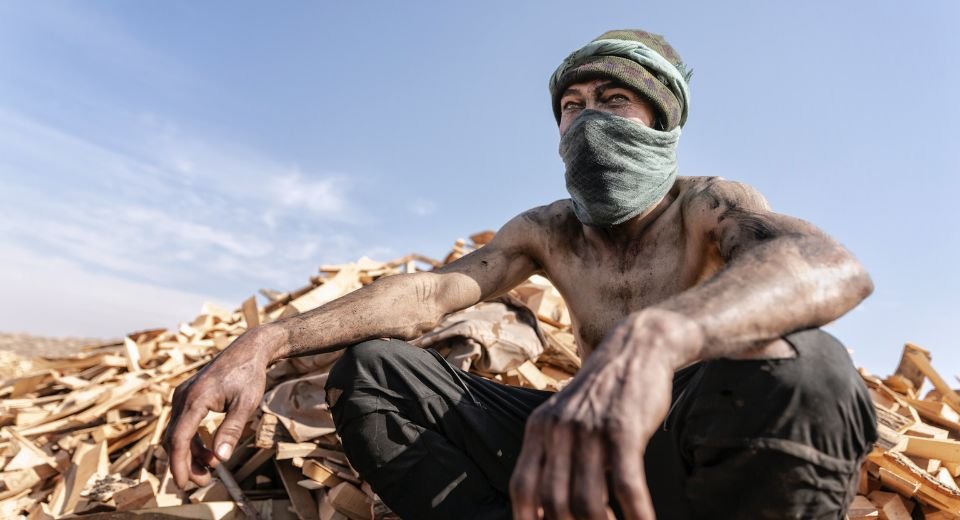HQ Team
June 17, 2023: The UN has adopted a new manifesto, the Rabat Declaration, to strengthen the global commitment to improve the health of refugees and migrants.
The Rabat Declaration, named after the capital of Morocco, will accelerate efforts to improve the health of refugees, migrants, and their host communities, and aims to address the root causes that negatively influence their health.
The WHO, International Organization for Migration, UN Migration Agency, UNHCR, and the UN Refugee Agency along with 48 UN member states will work towards including health and social protection considerations in national policies related to refugees and migrants, according to a statement from the WHO.
The Rabat Declaration was adopted during the “high-level” segment of the Third Global Consultation on the Health of Refugees and Migrants that took place on 13–15 June 2023 in Morocco.
1 in 8
One in eight people globally is either a migrant or is forcibly displaced by factors including conflict, persecution, environmental degradation, or the lack of human security and opportunity.
The meeting in Rabat, attended by representatives from humanitarian organizations, civil society, and refugee and migrant communities, aimed to promote the inclusion of refugees and migrants in national health systems as part of the global movement for universal health coverage.
It pledged to work towards resilient and sustainable health emergency prevention, preparedness, and response capacities.
The declaration also reaffirmed the right of every human being, including refugees and migrants, to enjoy the highest attainable standard of physical and mental health.
Recognising professional health certifications, enhancing information and communication channels to counter misperceptions and misinformation, and ensuring safe working environments for refugees and migrants, were key to achieving the stated goals, according to the statement.
Investing in inclusive and appropriate data systems and high-quality global research were the other factors.
Preparedness, response
The countries supporting it were committed to including refugee and migrant populations and their host communities in policies and plans for prevention, preparedness, response, and recovery to pandemics and other public health emergencies.
Stakeholders also pledged to foster inclusive financing mechanisms to reduce budget pressures on national systems.
They also guaranteed to promote the meaningful participation of refugees and migrants in health policy discussions to identify and design appropriate interventions for their health needs.
“Our ultimate goal for this consultation is to promote the appropriate interventions that improve, protect and preserve the health and well-being of all refugees and migrants, and host communities,” said Tedros Adhanom Ghebreyesus, Director-General, World Health Organization.
‘Health needs’
“This goal cannot be realized without political commitment and a whole-of-government approach. And this means involving representatives from the ministries of health, finance, foreign affairs, interior, planning, and other senior officials.”
Ahmed Al-Mandhari, Regional Director for the Eastern Mediterranean, World Health Organization said member states had pledged that no one will be left behind when addressing the health needs of those forcibly displaced.
“Their commitment to not only include refugees, migrants, and their hosting communities in national health policies and plans, but, to also include them meaningfully in policy, health discussions is a significant momentum towards universal health coverage and worthy of global support.”








